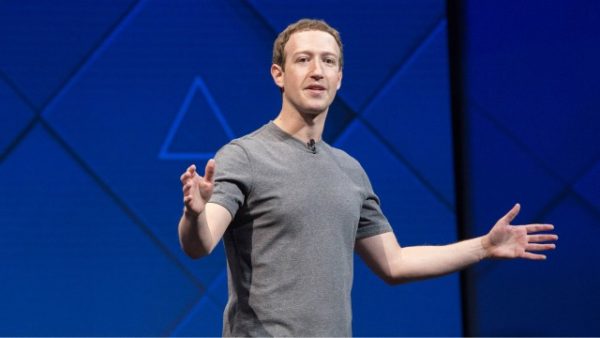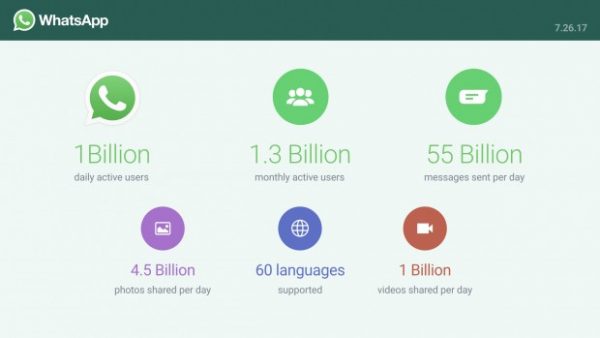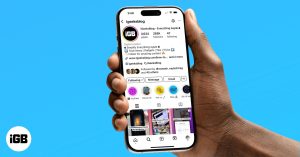Facebook profits jump 71% while WhatsApp growth surges

Facebook is 13 this year, and while its teenage years have caused concern about the sociological implications for a network that connects almost a third of the world’s population, it sure is effective at printing money.
The two billion people who log in to the site every day ensured revenue hit a whopping $9.3 billion (~£7.09 billion) over the period from April to June, which represents a 45% jump year on year. After running costs – employing 20,658 people doesn’t come cheap – the profit came out at $3.9 billion (~£2.9 billion).
Here’s how the past seven years look in graph form:
There is a catch, however, and it’s this: growth is slowing as Facebook runs out of spots to put ads in the News Feed. In Q2 2016, growth was 59%, and it has slipped in every quarter since. In other words, Facebook is running out of ways to make money from you on the social network itself, so what about its other platforms?
There are three options here: Facebook Messenger, WhatsApp and Instagram. None of them come close in scale to Facebook, but none are exactly small either, ranging from 700 million grainy photography lovers on Instagram to 1.2 million chat heads on Facebook Messenger. In the middle is WhatsApp, which just hit an important milestone of its own: one billion people now use it every day. That’s pretty astonishing, given it only hit one billion monthly users last February.
On the earnings call with investors, Zuckerberg suggested that early tests on advertising with Facebook Messenger would be accelerated, saying: “I want to see us move a little faster here, but I’m confident that we’re going to get this right in the long term.”
By the end of the call, the company seemed to have backtracked somewhat. Chief operating officer Sheryl Sandberg described plans to monetise Messenger as being “slow and deliberate”, and Zuckerberg himself finished the call by pointing out that video ads will be “a much bigger driver of the business over the next two to three years” than the likes of Messenger and WhatsApp.
If growth continues to slow, there certainly will be more pressure to tap into the respective userbases of Messenger, WhatsApp and Instagram – although you’d be hard-pressed to find anyone who believes it will be as effective as Facebook advertising has proved to be. But if the worst comes to the worst and messaging apps prove impossible to monetise, there are still five billion people without Facebook accounts to hunt down…











